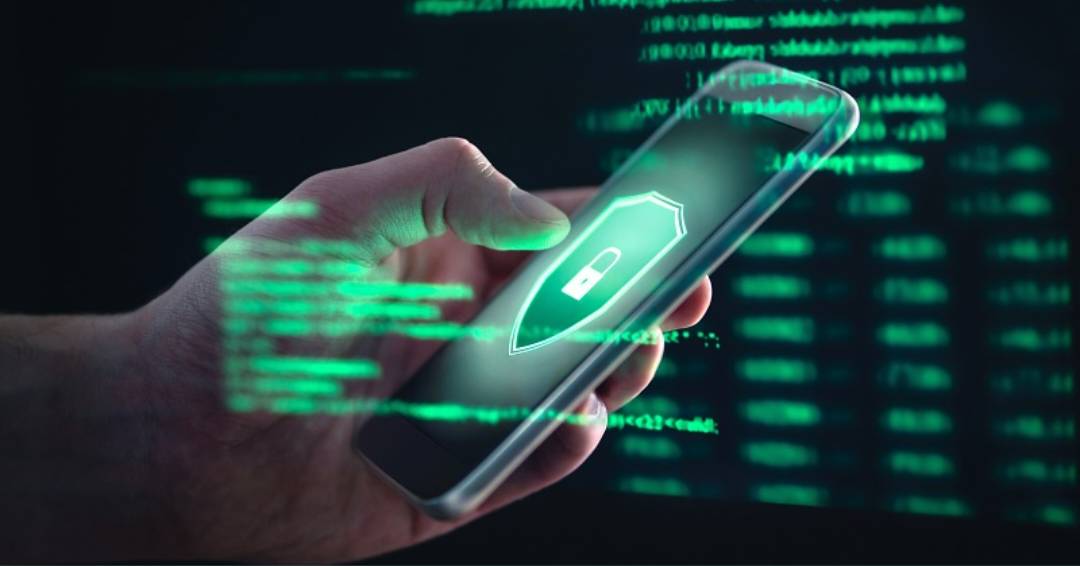
Although finding a phone number using a search engine may be simple, few people are aware that it may occasionally turn out to be a trap created by criminals.
Two recent events demonstrate this.
In the first instance, a guy was defrauded of Rs 71,000 while searching the Internet for a hospital’s phone number. He dialled the hotline for advice because his wife was unwell.
Bhagwandin, the victim, was instructed to pay Rs 10 via Phonepe in order to register as a patient for a consultation with an Indiranagar doctor.
When the victim informed the fraudster that he was unable to complete the transaction through the app, the fraudster requested him for his bank account number, which he provided.
He was instructed to install the QuickSupport app and make a Rs 10 payment there. Later, the criminal asked the victim to provide an OTP that had been sent to his registered mobile number.
‘I was given a registration number and told to come see the doctor at the hospital the next day at 10 a.m. Nevertheless, when I arrived there, I was informed that the hospital only provided advice to patients during visits and did not do any advance registration’ explained he.
When the man went to an ATM to get cash after his wife was admitted, he found that Rs 71,755 had been taken out of his bank account.
Chhatrapal Singh, the SHO for Indiranagar, reported that a FIR had been filed and that the help of the cyber cell had been requested for the investigation.
Another incident involved a resident of Aminabad who was defrauded of more than Rs 64,000 while claiming to have purchased sweets from a well-known store in the Sadar neighbourhood of Cantonment.
After looking up the store’s mobile number on Google, the victim, Ashok Kumar Bansal, ordered sweets from the shop online. He claimed that the person who answered the phone requested information about his bank account in order to make the payment.
‘I paid Rs 64,110 for the order but discovered that the telephone number was bogus when I arrived at the store to pick up the item and I have been made a victim of fraud,’ claimed Bansal.
Triveni Singh, the superintendent of the cyber cell, claimed that when a user downloads a programme like Quick Help, they are granting the programme all of their permissions.
‘Access to the gallery, contact lists, and all other apps are among the permissions. Miscreants use this authorization to remotely access the phone. Any person with remote access to an electronic device can view all of the activity on the device in full detail’ Added he.

Post Your Comments